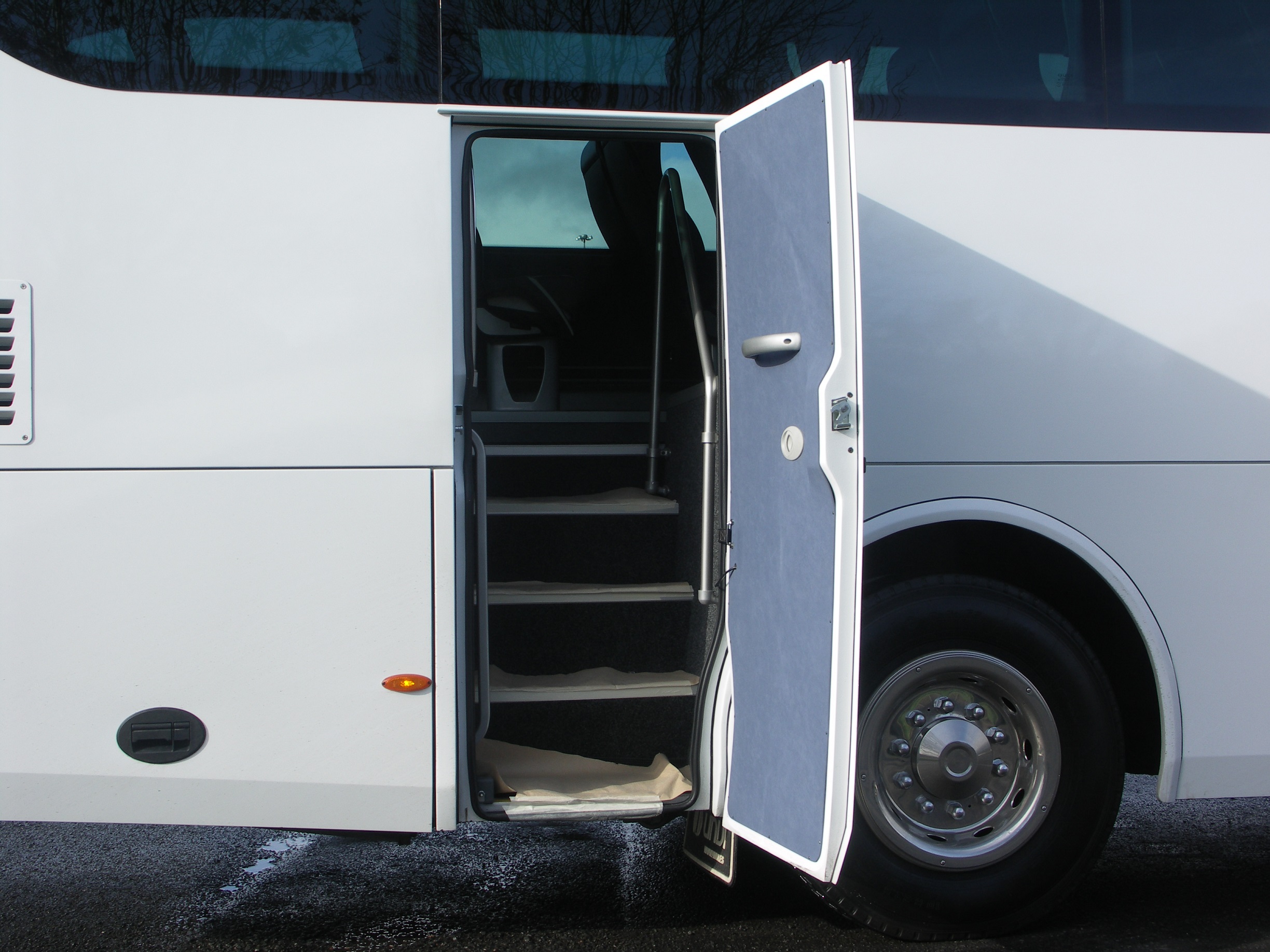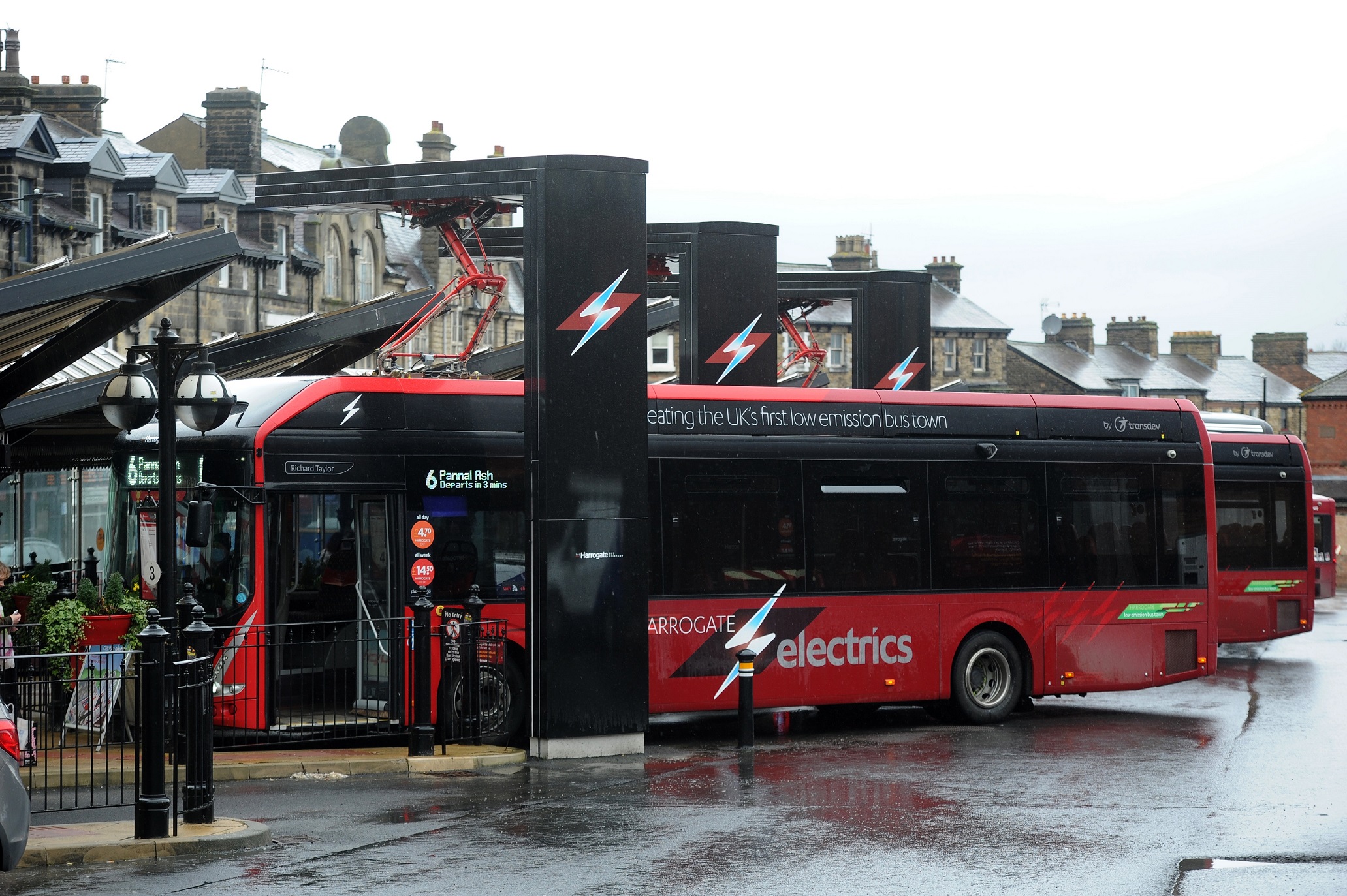DVSA has called on coach and bus operators to ensure that drivers are correctly performing checks on emergency doors to confirm that they work as intended.
The Agency is working in partnership with the Confederation of Passenger Transport on the campaign. DVSA says that if emergency doors do not function correctly, risks exist that passengers may be unable to exit the vehicle in the case of an accident, or that the door could open involuntarily while the vehicle is in motion.
Emergency doors that do not work properly – including them being locked while passengers are aboard – have long been of interest to DVSA and to the Traffic Commissioners at Public Inquiry (PI). One case highlighted at PI in 2020 had seen an ‘S’ marked prohibition issued by DVSA for a longstanding defective emergency door.
Section 16 of DVSA’s PSV Inspection Manual notes that many defects with emergency doors, including an inability to open them to their fullest extent when required, will be treated as major deficiencies. A risk of a hinged emergency door opening inadvertently will be regarded as a dangerous deficiency, the document states.
In 2015, a coach operator and a driver each received suspended prison sentences after a 13-year-old child fell from an emergency door of a moving coach onto the M49 motorway in May 2014. Three defects relating to the door were subsequently found by police. Bristol Crown Court heard that the child could have been killed in the incident.
The driver told police that he had inspected the door in question on the morning of the incident, which occurred after the child had leaned on the door. A defective latch was discovered by DVSA.
In its present campaign, the Agency has additionally pointed out that other doors and exits must also be subject to driver checks to ensure that they work correctly.



























